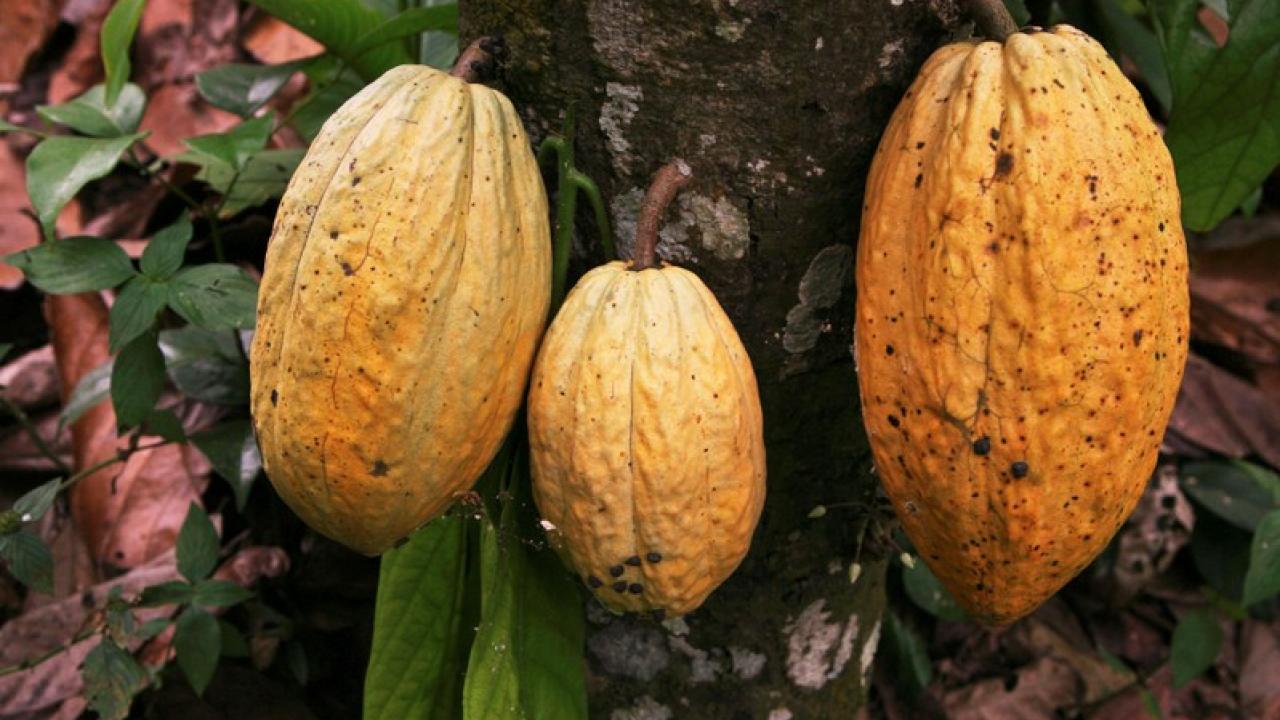
Other products covered by this European Commission regulation include soya, beef, palm oil, timber, coffee and rubber.
Through georeferencing or geolocation, Ecuadorian cocoa producers must demonstrate to their European clients that the cocoa they destined for that market does not come from areas affected by deforestation or forest degradation practices, according to Merlyn Casanova, executive director of the National Association of Cocoa Exporters of Ecuador (Anecacao).
Otherwise, these exports would be at risk due to the application, from next December, of the European Regulation on Deforestation-Free Products (EUDR).
The new legislation includes seven basic products, including cocoa, which will not be able to enter the European market if they come from deforested areas, although the bloc is considering a request submitted last Tuesday by the European Commission to postpone the application of this law for twelve months.
Other products covered by this regulation are soybeans, beef, palm oil, wood, coffee and rubber.
According to Casanova, this is particularly relevant for the sector due to the lack of official figures that can currently demonstrate how much of the cocoa exported to the EU is free of deforestation, especially in a context in which exports of the bean have shown unprecedented growth this year to the bloc.
According to figures from Anecacao, Ecuador's shipments grew by 351% in foreign currency and 73% in volume between January and August of this year, compared to the same period in 2023.
In the first eight months of the year, Ecuador exported cocoa worth US$ 768.4 million, while in 2023 it was US$ 170.4 million.
However, despite not having official figures, Casanova points out that, when EU studies have been published on the subject, they always highlight that there is very little deforestation in Ecuador compared to the rest of the countries in the region. However, it is a race against time to prove this.
According to the bloc, deforestation or forest degradation is the main cause of climate change and biodiversity loss.
He adds that between 1990 and 2020, a larger area of forest mass was destroyed globally than that of the EU and nearly 10% is attributable to European consumption.
For Casanova, if the extension is confirmed, which must be approved by the European Parliament and the Council of the EU (which represents the Member States), institutions that approved the law against deforestation in its current form in 2023, it would be a relief for the sector.
“This extension of the deadline represents a relief for the cocoa chain, as it provides a crucial opportunity to clarify several key issues on which the different actors in the chain have made progress so far under their own interpretation,” says the executive director of Anecacao.
He added that this additional time would allow public and private actors to implement effective and efficient strategies that facilitate the collection of information and ensure compliance with the requirements of the regulation without compromising the volumes or the country's position in the European market.
"We will be able to complete pilot projects, educate more actors in the chain about the need to implement the EUDR regulation and improve internal processes in exporters," he says, but warns that the process that cocoa exporters must complete to prove that the product does not come from deforested areas is very time-consuming.
As an example, the leader explains that an exporter who works with 400 producers must obtain georeferencing or geolocation of each plantation and each producer and enter it into an EU-approved system, where it is evident that the farm is not deforesting and is planted in a place that has not been deforested since December 2020. “The issue of proving this is complicated and there is no official data because everyone is doing this right now,” Casanova acknowledges.
Although each exporter has his own schedule and some have already started collecting information before others, Casanova estimates that for the moment about 60% of exporters who surveyed and responded already have the information available for the EU.









